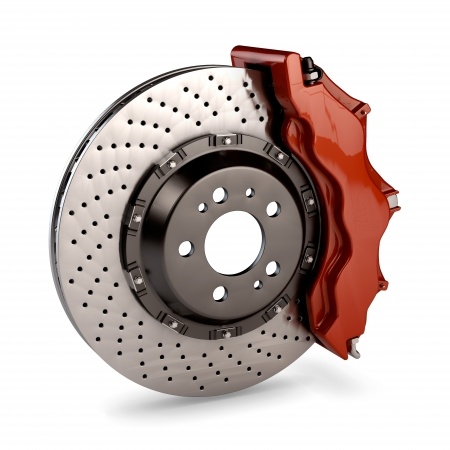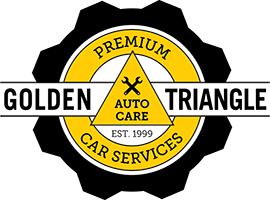
Call Us Now
303-573-1335

Anyone who has learned to drive knows that brakes work when you press the brake pedal. Pretty simple. You cause your car to either slow down or stop, and that’s a good thing. What some people don’t know is how & why brakes work.
Why is there brake fluid? Does it spray onto my wheels? What are brake pads vs shoes? Why are my brakes screeching?
These are all important questions that will help you know exactly why certain brake maintenance and repairs need to be done. We’ve got the answers.
Brake Fluid
At first it may seem strange to think that your brakes use a fluid to work, given that when you look at your wheels you only see metal and other, clearly solid, materials. The fact of the matter is: without your brake fluid in working order, not dirty, and not vaporized due to heat and pressure, your brakes wouldn’t work at all. One of the main features of brake fluid that helps it do its job well is the fact that it is in-compressible, being made of oil, glycol-ether, or silicone. When you press down on your pedal the fluid needs somewhere to go, so it presses out on the pistons. This is all dictated by Pascal’s Law which basically states that pressure on a fluid will cause it to move in all possible directions. To simplify that, it’s the same reason that a water balloon explodes if it’s full and thrown hard enough, the pressure is pushing all the water outward until the balloon bursts. Luckily, with a brake system, nothing bursts.
The Brake System
When talking about brakes, there are largely two kinds: drum brakes and disc brakes. Although there are several differences between the two, there are many similarities as well. For instance, they both are powered by hydraulic power, which simply means that it’s powered by liquid. This liquid acts on stationary solid parts to act on mobile solid parts to bring the car to a stop.
Drum Brakes
Drum brakes are, for the most part, what they sound like. They are large drums that are fitted to the wheel and spin around. Inside there are shoes with your brake pads that are forced outwards by the liquid, onto the spinning drum. After braking, a return spring brings the shoes back out.
Disc Brakes
There are two types of disc brakes: fixed and floating. They have significant differences but work on the same principle. A spinning disc sits between calipers which are pushed by a piston, or multiple pistons in the case of fixed disc brakes, onto the spinning disc, bringing your vehicle to a smooth stop. Although fixed disc brakes usually perform better, they are only noticeably better in high-performance or heavy duty situations so are usually only found on specific cars or trucks. For everyday driving, either will do the job so the cheaper floating disc brakes are usually used.
To have your brakes taken care of by the best in the city, contact Golden Triangle Auto Care at 1112 North Speer Boulevard in Denver to schedule a brake inspection or repair!
